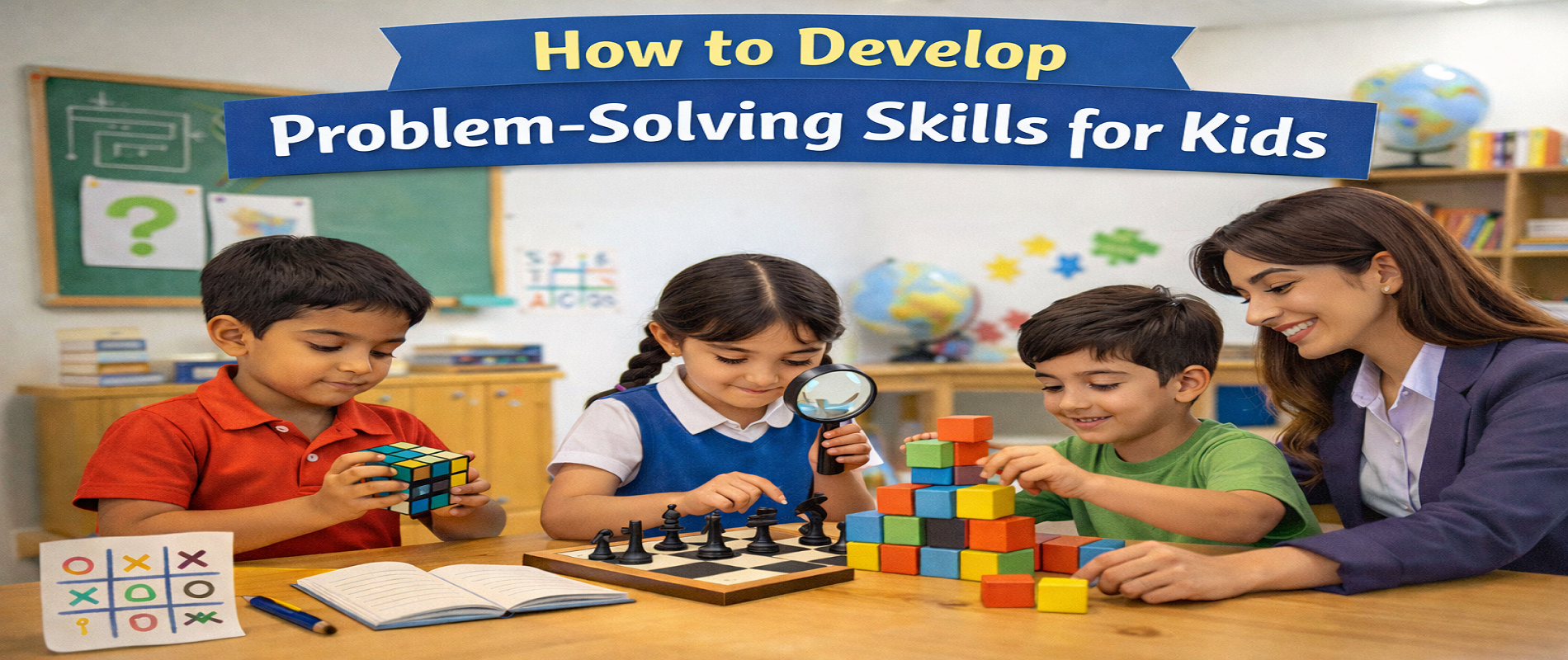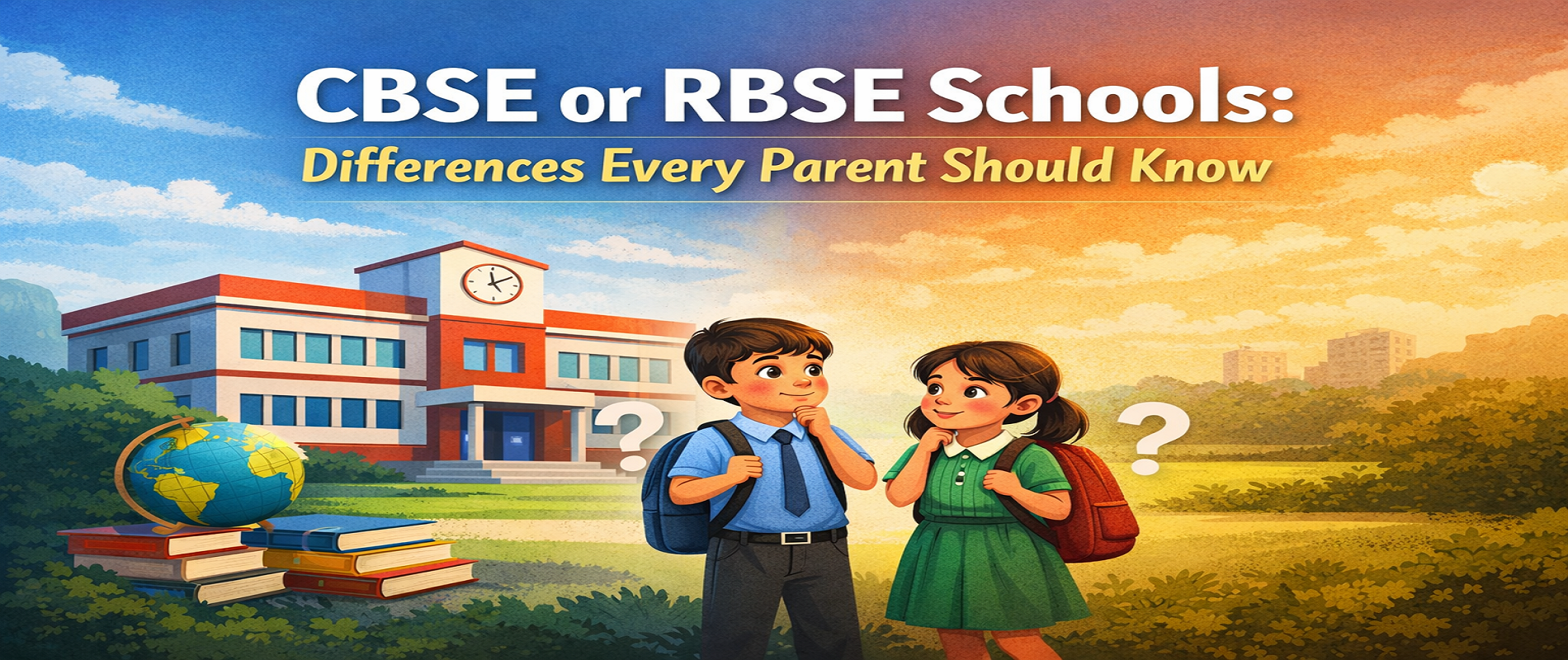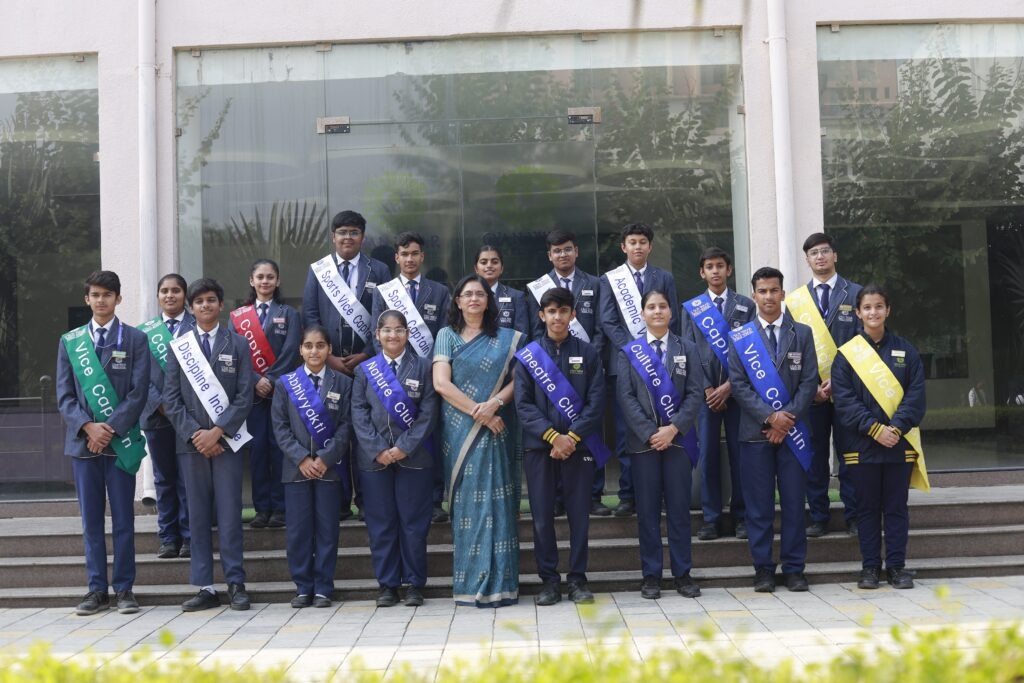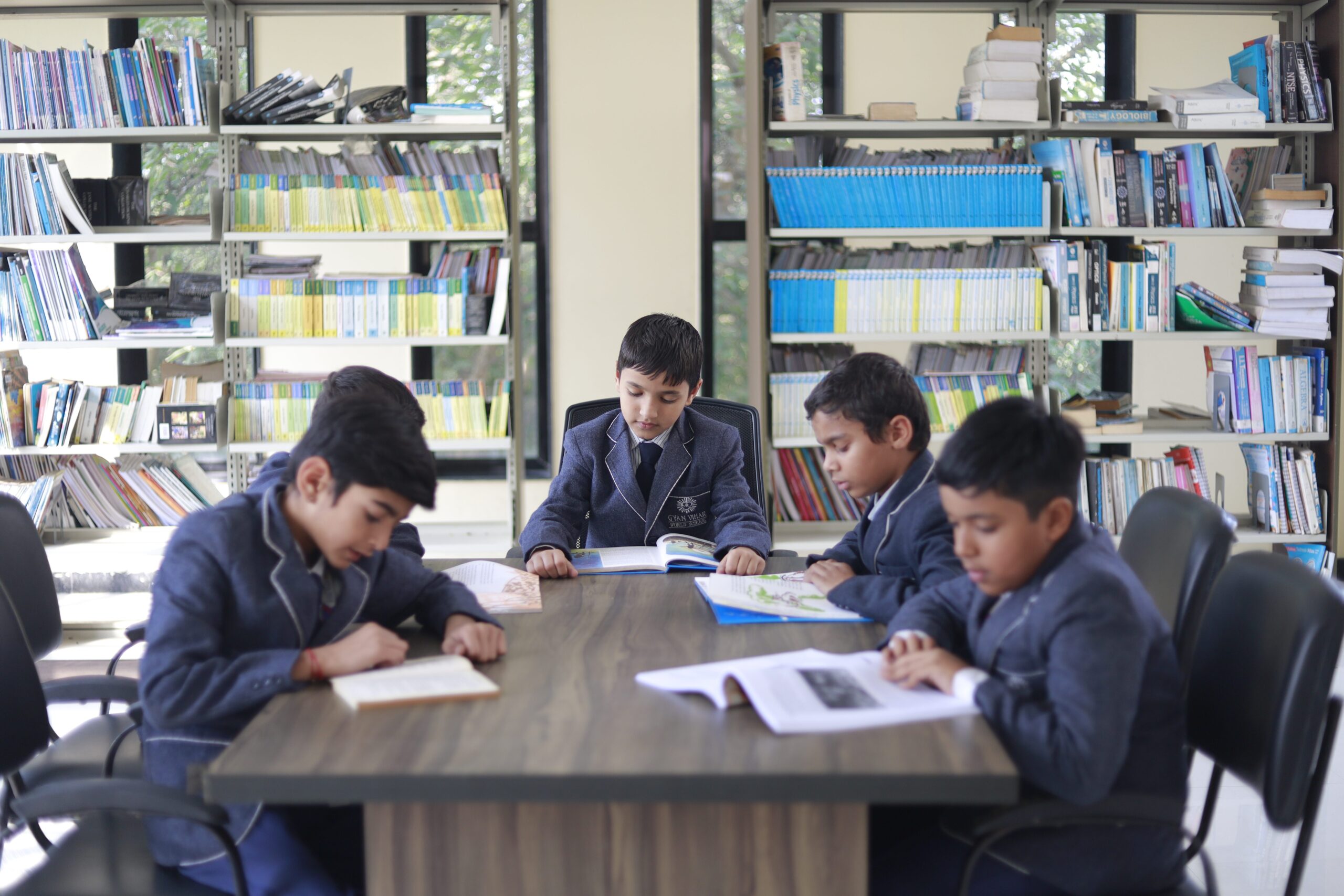Children’s Day, celebrated on November 14th in India, is a day dedicated to the joy and innocence of childhood. It’s also an ideal occasion to introduce young minds to the wonders of nature and the importance of environmental education. At Gyan Vihar World School, a renowned CBSE school in Jaipur, we believe that nurturing a love for nature from an early age can shape environmentally conscious citizens. In this blog post, we’ll explore the significance of environmental education on Children’s Day, its impact on young learners, and how it contributes to a sustainable future for schools in Jaipur and beyond.
The Essence of Children’s Day
Why celebrate Children’s Day?
- Children’s Day pays tribute to Pandit Jawaharlal Nehru’s love for children and his vision of a better world for them.
- It emphasizes the importance of nurturing young minds and encouraging them to dream big.
The Power of Environmental Education
Why is environmental education important for children?
- Connecting with Nature: It fosters a deep connection between children and the natural world.
- Promoting Responsibility: Environmental education instills a sense of responsibility towards the environment.
- Critical Thinking: It encourages critical thinking and problem-solving skills to address environmental challenges.
- Building Stewardship: Young learners become stewards of the environment, advocating for its protection.
Environmental Education on Children’s Day
How can Children’s Day be an opportunity for environmental education?
- Nature Walks: Schools can organize nature walks where children explore local flora and fauna.
- Interactive Workshops: Workshops on topics like recycling, wildlife conservation, and sustainable living can be organized.
- Gardening Activities: Children can engage in planting trees, creating green spaces, or tending to school gardens.
- Art and Creativity: Environmental themes can be incorporated into art and craft activities.
- Guest Speakers: Experts in environmental conservation can be invited to share their knowledge.
- Community Initiatives: Children can participate in community clean-up drives or tree planting campaigns.
The Impact on Young Learners
What are the benefits of environmental education for children?
- Awareness: It raises awareness about pressing environmental issues such as pollution, climate change, and habitat loss.
- Empathy: Children learn to empathize with wildlife and the natural world, nurturing a sense of responsibility.
- Hands-On Learning: Environmental education often involves hands-on experiences, making learning more engaging and memorable.
- Life Skills: It equips children with practical skills, from gardening to waste reduction, that they can apply in daily life.
- Leadership: Some students may emerge as environmental leaders, inspiring positive change in their communities.
Sustainable Practices in Schools
How can schools promote sustainability through environmental education?
- Reducing Waste: Schools can implement waste reduction and recycling programs.
- Energy Efficiency: Promoting energy-saving practices and using renewable energy sources.
- Green Infrastructure: Creating green spaces and gardens within school campuses.
- Curriculum Integration: Integrating environmental topics into the curriculum.
- Community Engagement: Involving students, parents, and the community in sustainability initiatives.
Nurturing Environmental Stewards
Children’s Day provides a unique opportunity to introduce young learners to the wonders of the environment and the importance of its preservation. At Gyan Vihar World School, we believe that by fostering a love for nature and environmental education from an early age, we can nurture a generation of responsible and environmentally conscious citizens.
As we celebrate Children’s Day, let us remember that the seeds of environmental stewardship sown today will grow into a greener, more sustainable future for all.







